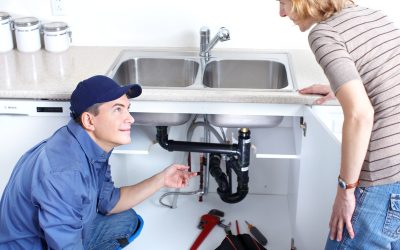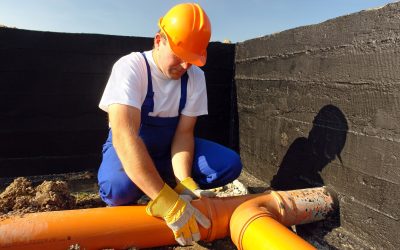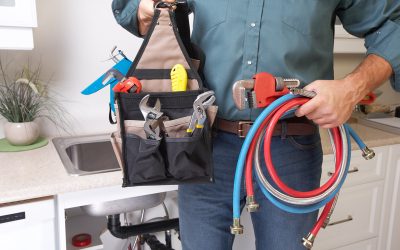Plumbing is an essential aspect of any construction project and should be given significant attention. Doing the installation at the wrong stage can cause issues that become hard to fix and may require the help of a 24-hour plumbing service. However, identifying the correct installation stage for plumbing can be challenging. In Fayetteville, GA, plumbing installation follows specific guidelines due to the unique weather conditions experienced in the area.
This article explores the best time to install plumbing in Fayetteville, GA, during construction.
Plan the Plumbing During the Design
Before commencing the construction project, it’s essential to have a clear plan for the plumbing system. During the planning stage, a professional plumber will evaluate the intended floor plan and locate all critical valves, drain lines, and supply lines. By doing so, the plumber identifies the potential risks of the plumbing system, curbs them, and ensures that the system runs efficiently.
First Fix Installation
Once the foundation of the building is laid, it’s time to commence the first fix installation for plumbing in Fayetteville, GA. At this stage, the plumbing system is installed before any partition walls or insulation is fitted. All hot and cold water supply systems, drainage systems, and waste pipes are installed during this stage.
Experts recommend installing the plumbing system before the installation of any insulation material since it allows easier access to pipes in case of any leaks that may occur. Installing the system at this stage lowers any chances of damage or leaks occurring.
Second Fix Installation
The second fix installation stage follows the fitting of the partition walls, the flooring, and the tiling of the bathrooms and kitchens. It’s essential to have the second fix installed at this stage since the fixtures and fittings will be added to the system. This includes the installation of faucets, toilets, showerheads, bathtubs, sinks, and other accessories.
Completion Stage
After the installations, it’s important to have the plumber check each element to ensure that it meets the building codes. The plumber will also check for leaks, and perform other necessary inspections, including pressure tests to ensure that the plumbing system is working efficiently. After the completion stage, the plumbing system is fully functional, and it’s now safe to proceed to the next stage of the construction project.



